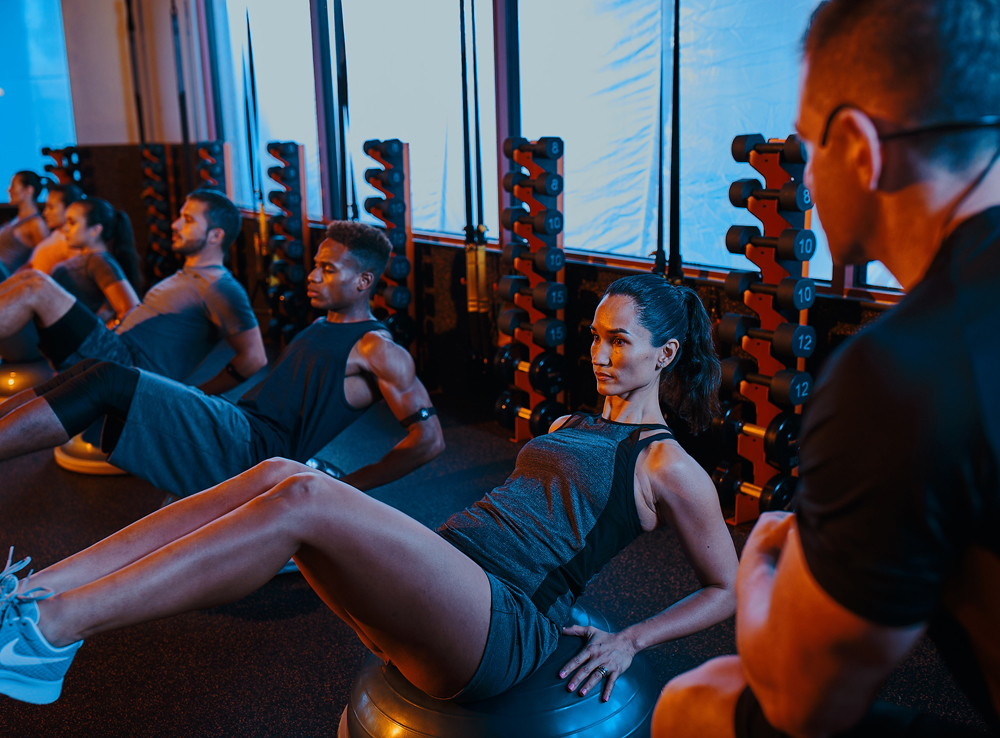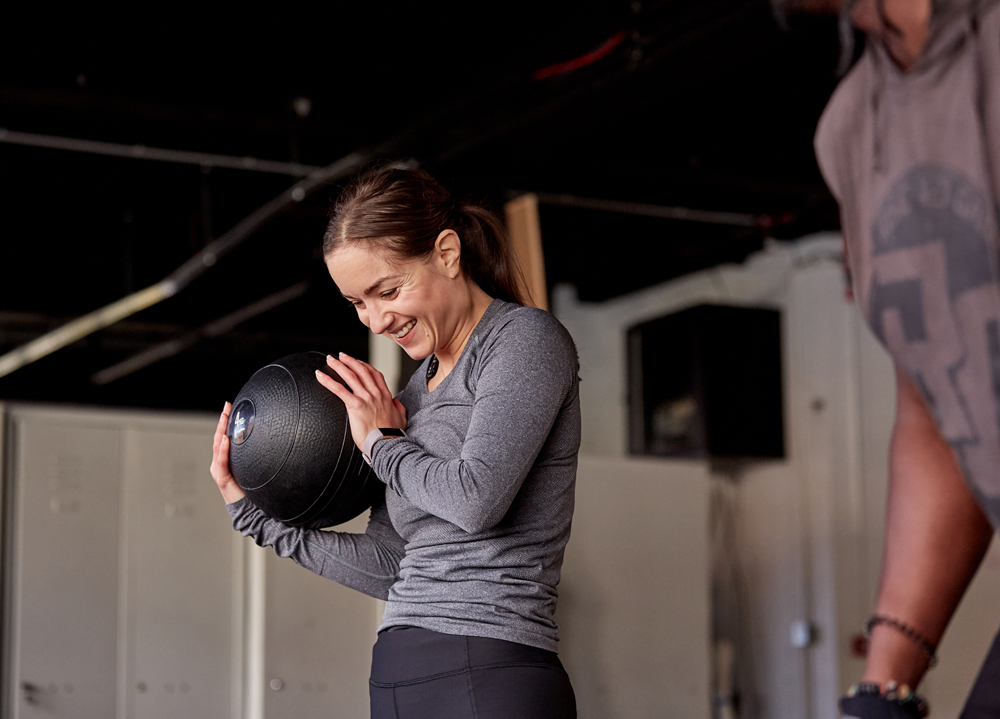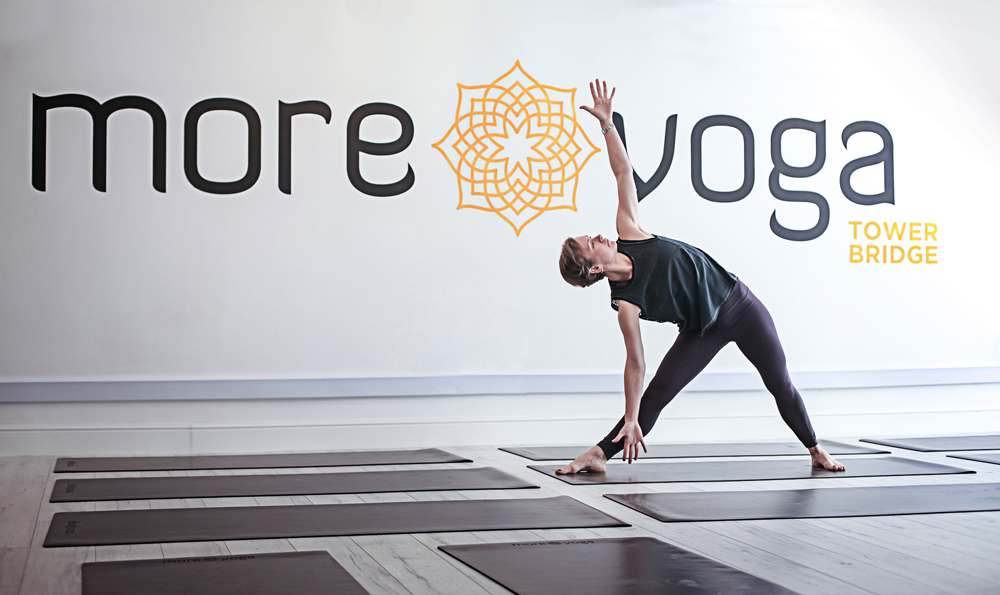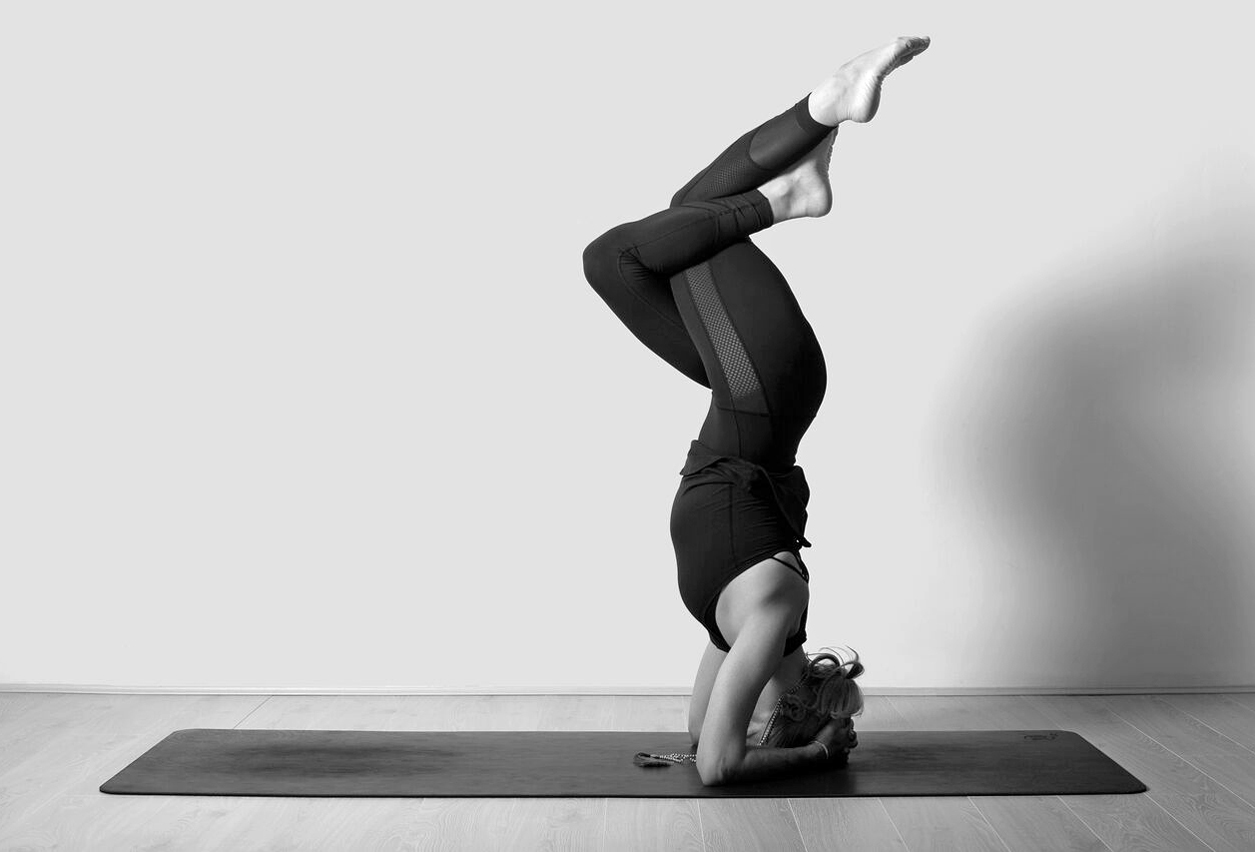Boutique fitness has been a driving force of customer service levels and innovation across the fitness sector during the past five years. We’ve started to see the pioneers grow their offerings to become true multi-site operators, while some of the largest franchises in the world are now breaking ground in the UK.
Boutique fitness is one of the most attractive areas for entrepreneurs from beyond the sector to make their mark in fitness, with investors following. We’ve seen boutique site numbers swell, and there’s a race for property.
Yet some fear that we may have reached ‘peak boutique’ – the point where growth begins to plateau and tail off.
At ukactive’s Sweat event last month, we addressed the debate head-on. The boutique fitness market, and indeed fitness as a whole, will see huge changes in the coming years, but that doesn’t have to sound a death knell for boutiques.
Boutique fitness is built to last, but the boom must be converted into sustainable long-term growth. As Charlotte Dennis noted in her excellent speech, that means building on the intense loyalty boutiques inspire in their customers to create brands that are ‘future proof’. It also means, as Emma Barry argued, being receptive to the trends shaping and remaking the sector, ensuring boutique studios stay ahead of the curve and continue to meet changing customer habits and tastes.








 Emma Barry
Emma Barry Catherine Jones
Catherine Jones
 Kevin Teague
Kevin Teague
 Liz Joy Oakley
Liz Joy Oakley

 Chloe Combi
Chloe Combi













































